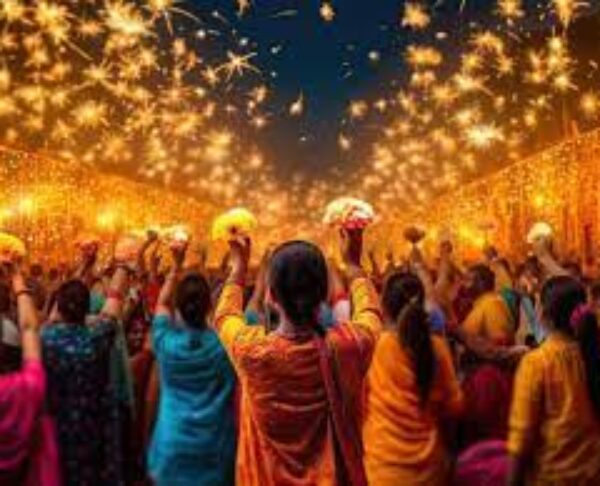Introduction:
Diwali, also known as Deepavali, is one of the most widely celebrated festivals in India and around the world. This festival, often referred to as the “Festival of Lights,” holds immense cultural and religious significance for millions of people. Diwali is a time of joy, unity, and the triumph of light over darkness.
- Historical and Cultural Significance: Diwali has roots in Hindu mythology, where it marks the return of Lord Rama after defeating the demon king Ravana. The lighting of lamps and candles is symbolic of the victory of good over evil.
- Preparations and Rituals: The preparations for Diwali begin weeks in advance. Homes are cleaned and decorated, symbolizing the cleansing of the soul and the welcoming of prosperity.
- Decorations and Lights: The most enchanting aspect of Diwali is the array of lights that adorn houses, streets, and public spaces. The illumination symbolizes the triumph of light over darkness and the victory of knowledge.
- Firecrackers and Environmental Concerns: While firecrackers have traditionally been a part of Diwali celebrations, there is a growing awareness about the environmental impact of these fireworks.
- Feasting and Sweets: Diwali is a time for indulging in delicious food and sweets. Families and friends come together to share meals, exchange sweets.
- Global Celebrations: Diwali is not confined to India; it is celebrated by millions of people worldwide. In various countries, Diwali is recognized and celebrated as a cultural festival.
Conclusion:
Diwali is more than just a festival; it is a celebration of light, joy, and the triumph of goodness over adversity. As the world comes together to celebrate this festival, it serves as a reminder of the universal values of love.




